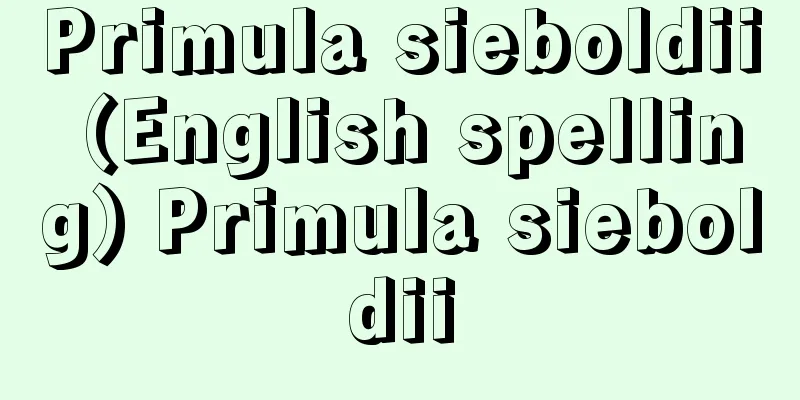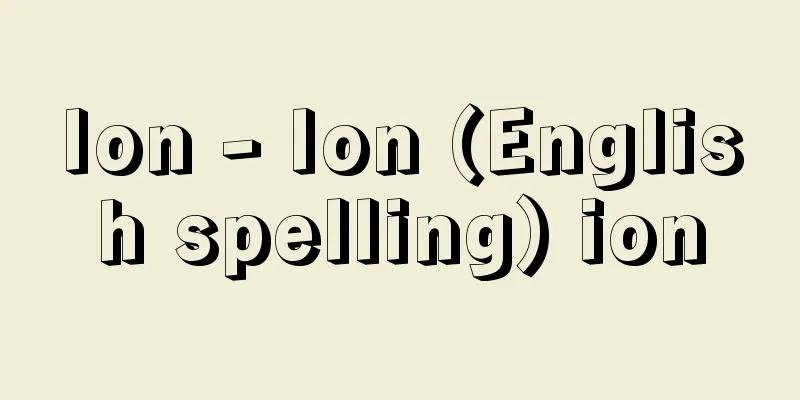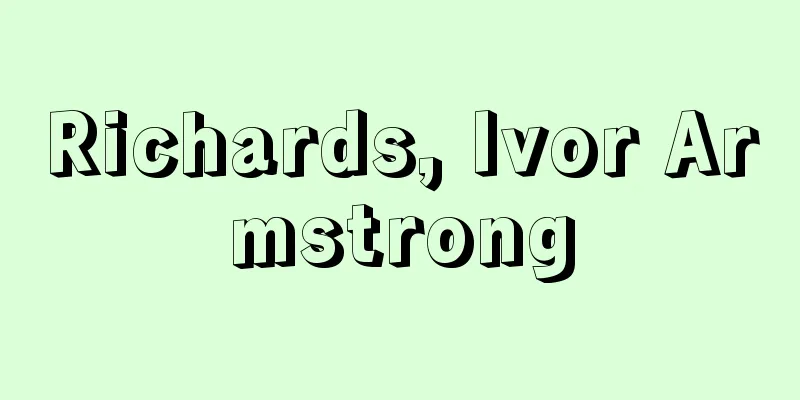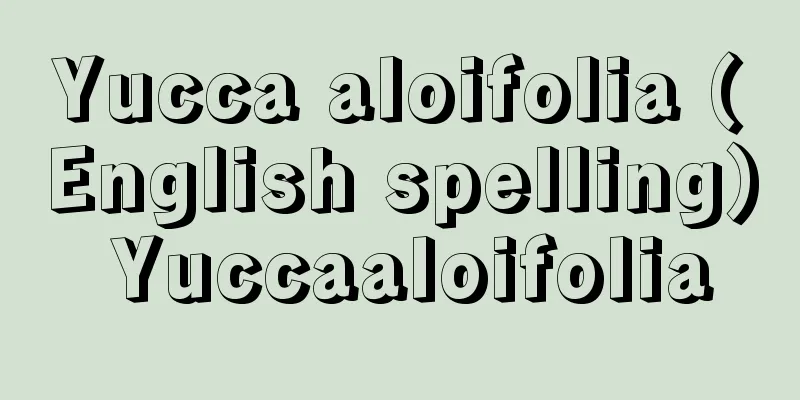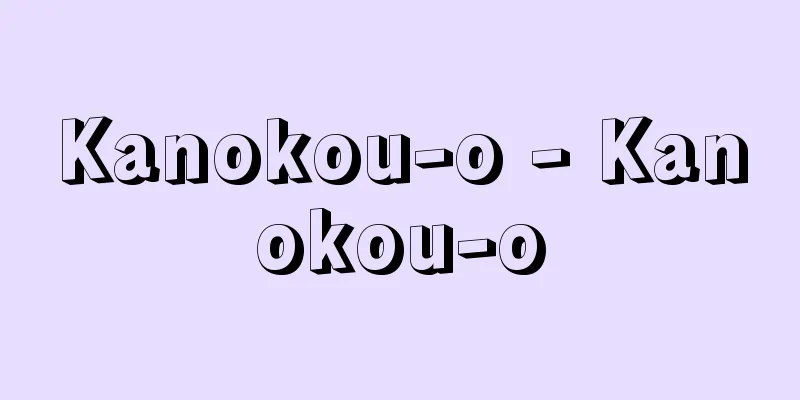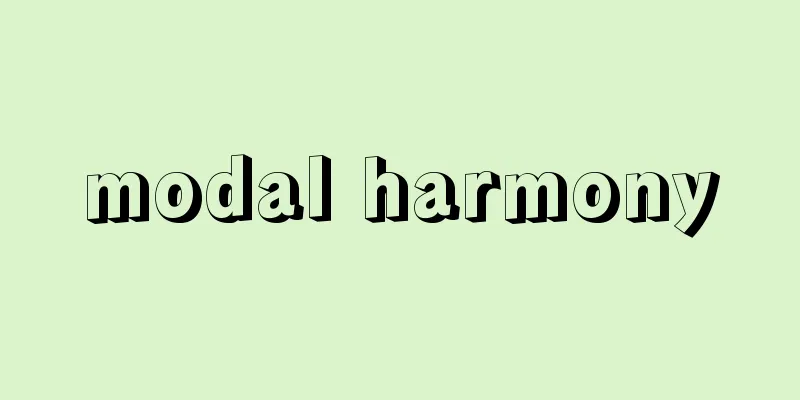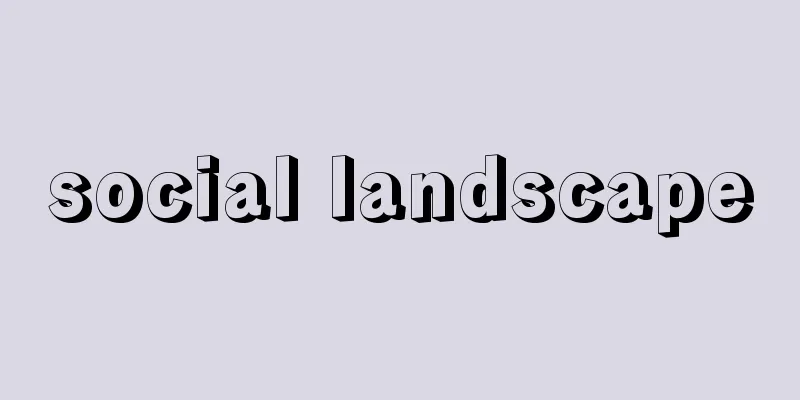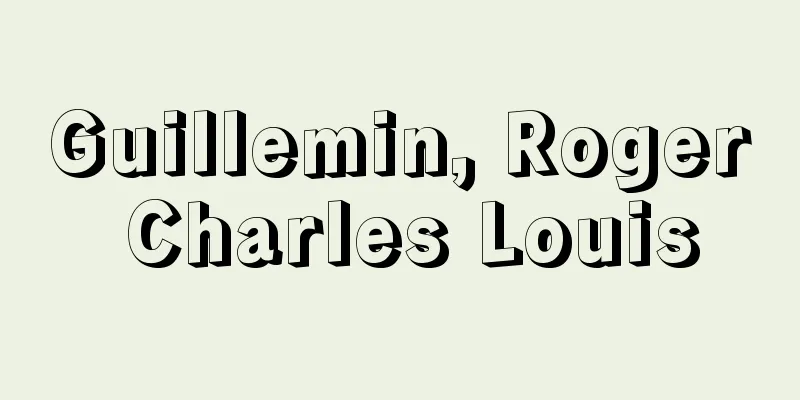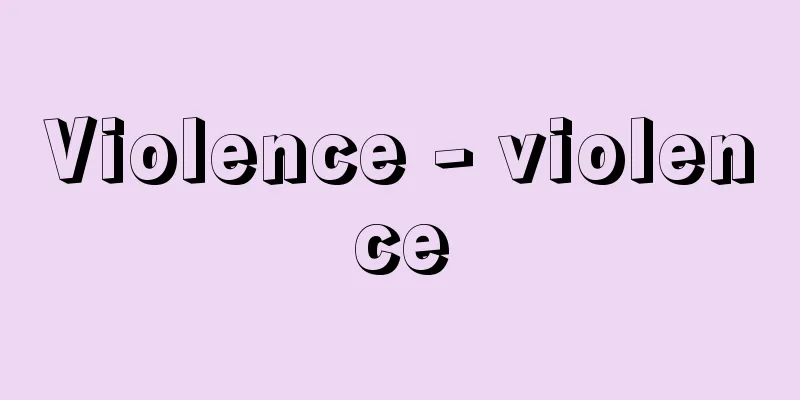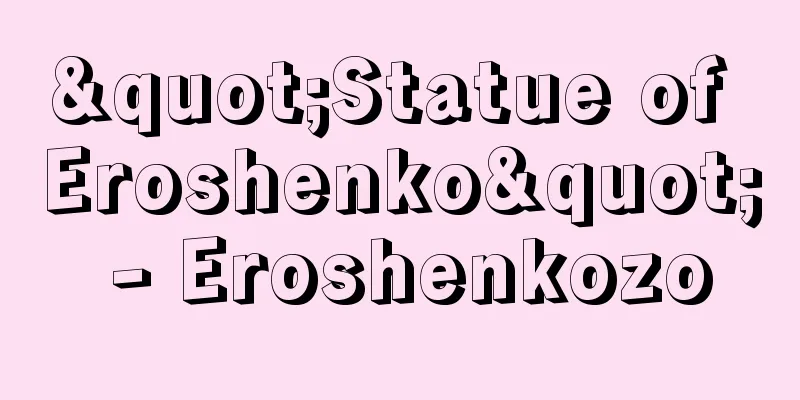Irish Free State
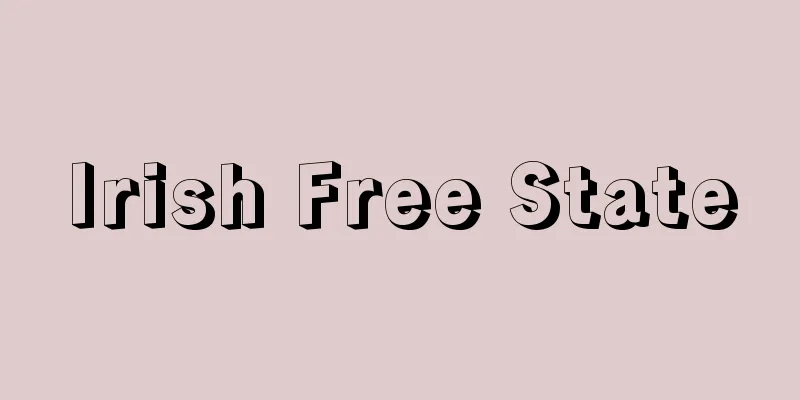
|
Ireland became a self-governing British territory in 1922. The Irish War of Independence (1919-1921), also known as the first guerilla war of the 20th century, ended when Britain, unable to suppress the rebellion, proposed a truce and was forced to negotiate with Irish nationalists. This resulted in the Anglo-Irish Treaty, in which Britain recognized the establishment of the Irish Free State. The treaty stipulated that the status of the free state was on a par with that of Canada, and it had its own executive and legislative branches and diplomatic rights, but the military was limited, as were fishing and customs rights. In addition, four ports were provided to the British military, and coastal patrols were the responsibility of the Royal Navy. However, the bigger issues were the division of Ireland into North and South and the oath of allegiance to the British King. As this dealt with the very foundations of nationalism, hardliners such as de Valera refused to give in, and when the treaty was ratified in 1922, de Valera, who had been president since the 1919 National Assembly, resigned and was replaced by Arthur Griffith (1872-1922), founder of Sinn Féin, and both Sinn Féin and the IRA (Irish Republican Army) split. In June, pro-treaty IRA factions attacked opponents, and civil war broke out. Griffith died of illness during the civil war, which lasted for about a year, and Michael Collins (1890-1922), leader of the War of Independence, was shot and killed by the opposing IRA. During this time, the National Assembly drew up the Free State Constitution and received the King's assent, and the Free State was officially established. W. T. Cosgrave was the first Prime Minister. Cosgrave (1880-1965) took office. The first issue for the Free State was the north-south border issue, but the Boundary Commission established in 1924 was abolished the following year, and the border remained as it was in the Government of Ireland Act of 1921. Economically, the country relied on the export of agricultural products, which made it difficult to protect its industry by imposing high tariffs. However, on the international front, despite opposition from the UK, it was accepted into the League of Nations in 1923, and became a sovereign state that constituted the Commonwealth of Nations with the Statute of Westminster in 1931. De Valera, who had opposed the treaty, considered the oath to the British king to be a mere formality and returned to politics, becoming the leading party in the 1932 general election and forming a cabinet. The de Valera government continued to pursue the nationalist policies that it had always advocated, notifying Britain of non-payment of land annuities, and an economic war broke out in which both sides imposed high tariffs. In 1937, de Valera established Ireland as an independent, democratic, sovereign state through a new constitution, and changed the country's name to "Eire" (Ireland in English). This marked the beginning of the current Republic of Ireland. [Satoshi Horikoshi] "The Culture and History of Ireland, edited by T. W. Moody and F. X. Martin, supervised translation by Horikoshi Satoshi (1982, Ronsosha)" ▽ "The History of Ireland - Ethnic Groups and Classes, Volumes 1 and 2, by P. B. Ellis, co-translated by Horikoshi Satoshi and Iwami Toshiko (1991, Ronsosha)" ▽ "Ireland, by Ueno Itaru (included in "Modern British History," by Matsuura Takamine, 1992, Yamakawa Publishing)" ▽ "The Romance and Rebellion of the Irish Nation, by Matsuo Taro (1994, Ronsosha)" ▽ "An Introduction to Irish History, by S. McCall, edited by Ono Osamu, translated by Obuchi Atsuko and Yamaoku Keiko (1996, Akashi Shoten)" ▽ "The History of the Northern Ireland Conflict, by Horikoshi Satoshi (1996, Ronsosha)" ▽ "A Narrative History of Ireland, by Hatano Yuzo (Chuko Shinsho)" ▽ "Ireland" by R. Fleisch, translated by Toshiaki Yamaguchi and Toshihiro Yamaguchi (Hakusuisha Bunko Quesje) " "Ireland: History and Culture" by Ophelon, translated by Makinori Hashimoto (Iwanami Bunko) [References] | | |Source: Shogakukan Encyclopedia Nipponica About Encyclopedia Nipponica Information | Legend |
|
1922年アイルランドに成立したイギリスの自治領。20世紀最初のゲリラ戦争ともいわれるアイルランド独立戦争(1919―1921)は、鎮圧政策が行き詰まったイギリスが休戦を提案し、アイルランド・ナショナリストと交渉せざるを得なくなり終結することとなった。その結果、締結されたのがイギリス・アイルランド条約で、イギリスはアイルランド自由国の樹立を認めた。条約では自由国の地位はカナダ並みと規定され、自らの行政府、立法府をもち外交権もあったが、軍隊は制限され、漁業権、関税権にも制限があった。さらに四つの港をイギリス軍に提供し、沿岸の警備もイギリス海軍の権限であった。しかしより大きな問題は、南北分割とイギリス王への忠誠宣誓であった。ナショナリズムの根幹にかかわるもので、デ・バレラなど強硬派は譲らず、1922年に条約が批准されると1919年の国民議会以来大統領であったデ・バレラが辞任し、代わってシン・フェイン党の創立者であるグリフィスArther Griffith(1872―1922)がその地位に就き、シン・フェイン党もIRA(アイルランド共和軍)も分裂した。6月、IRAの条約賛成派が反対派を攻撃して内戦が始まった。約1年続く内戦のなかでグリフィスが病死し、独立戦争の指導者コリンズMichael Collins(1890―1922)は反対派IRAに狙撃(そげき)されて死亡した。この間に国民議会が自由国憲法を制定しイギリス王の裁可を得て、公式に自由国が発足した。初代首相にコスグレーブW.T.Cosgrave(1880―1965)が就任した。 自由国の最初の課題は南北境界問題であったが、1924年開設の境界委員会も翌年廃止され、1921年のアイルランド統治法での境界のままになった。経済問題では、農産物の輸出に頼り、そのため高関税を課して工業を保護することが困難であった。しかし国際面ではイギリスの反対にもかかわらず1923年に国際連盟加入が承認され、1931年のウェストミンスター憲章でイギリス連邦を構成する主権国家となった。 条約に反対していたデ・バレラはイギリス王への宣誓を単なる形式とみなし政界に復帰、1932年の総選挙で第一党となって内閣を組織した。デ・バレラ政府は従来から主張してきた民族主義政策をとり、土地年賦金の不払いをイギリスに通告、双方が高関税を打ち出す経済戦争となった。1937年、デ・バレラは新憲法によってアイルランドを独立した民主的主権国家と規定し、国名を「エール」(英語名アイルランド)とした。これが現在のアイルランド共和国の始まりである。 [堀越 智] 『T・W・ムーディ、F・X・マーティン編著、堀越智監訳『アイルランドの風土と歴史』(1982・論創社)』▽『P・B・エリス著、堀越智・岩見寿子共訳『アイルランド史―民族と階級』上下(1991・論創社)』▽『上野格著「アイルランド」(松浦高嶺著『イギリス現代史』所収1992・山川出版社)』▽『松尾太郎著『アイルランド民族のロマンと反逆』(1994・論創社)』▽『S・マコール著、小野修編、大渕敦子・山奥景子訳『アイルランド史入門』(1996・明石書店)』▽『堀越智著『北アイルランド紛争の歴史』(1996・論創社)』▽『波多野裕造著『物語アイルランドの歴史』(中公新書)』▽『R・フレシュ著、山口俊章・山口俊洋共訳『アイルランド』(白水社文庫クセジュ)』▽『オフェイロン著、橋本槙矩訳『アイルランド―歴史と風土』(岩波文庫)』 [参照項目] | | |出典 小学館 日本大百科全書(ニッポニカ)日本大百科全書(ニッポニカ)について 情報 | 凡例 |
Recommend
Sato Issai - Sato Issai
Year of death: September 24, 1859 (October 19, 185...
Actinocerida
...The ancestors of the Nautilus appeared in the ...
Kakukon - Kakukon
...They speak the Kyrgyz language, call themselve...
Chrysanthemum flower - Chrysanthemum flower
...Some species transmit plant pathogens such as ...
margay
...Because they are beautiful and tame, they have...
Silverfish - Silverfish
…It is widely distributed from the Tohoku region ...
Propamine
...A typical drug that stimulates the central ner...
Gunther
... In the Nibelungenlied, Siegfried one day defe...
Toxoid - Toxoid (English spelling)
Toxins produced by living organisms, such as bact...
Fortune telling - Fortune telling
Among popular beliefs, this is a technique for ju...
Konoe
[1] (Noun) (A variant of "kon'e") ① ...
Kannada
...There is a considerable movement of population...
Revolutionary literature
...Yu Dafu's "Down and Out" also at...
O'Sullivan, JL - O'Sullivan
...A typical example of American expansionism, tr...
Lamia War - Lamia Sensou
A war between the Greek poleis and Macedonia in t...
